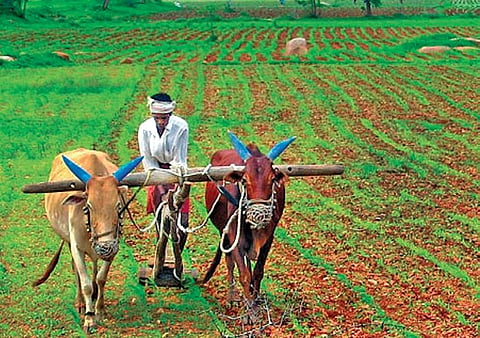

BENGALURU: Dean of School of Social Sciences at the National Institute of Advanced Studies (NIAS), Dr Narendar Pani, has said that the phenomena of workers moving towards rural agriculture as a means of
livelihood is most prevalent in Karnataka.Dr Pani, who is also the editor of the book ‘Dynamics of Difference: Inequality and Transformation in Rural India’, which was released on Saturday, highlighted one of the aspects of the book, namely in inter-generational inequality, especially in rural areas.
“This type of inequality is intrinsically related to land in rural areas. Each succeeding generation only gets a part of what the previous generation got, which makes small holdings eventually unviable. This leads to a massive pressure to move out of agriculture and much of what is happening in rural India can be traced to that,” said Dr Pani.
He explained that this led to a cycle of those living in rural areas searching for non-agricultural work in their village, or migrating to cities to do the same. Failing these options, they tend to move towards becoming marginal workers and end up moving back to villages to resume agricultural work.
The research team from National Institute of Advanced Studies behind the book found that the prevalence of those moving to rural areas was more prevalent in Karnataka, especially North Karnataka. “This can be attributed to an extreme deprivation of opportunities in Bengaluru. Meanwhile, Tamil Nadu has a prevalence of local non-farm transition, which could be attributed towards a uniform dispersion of industrialisation in the state,” said Dr Pani. On farmer suicides, Dr Pani said that they had found the rate of suicides in housewives to be increasingly more than farmers.